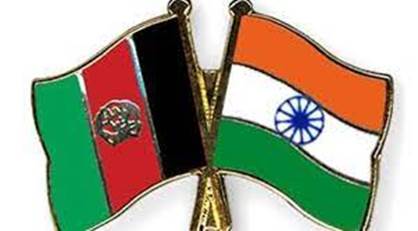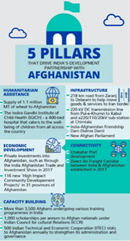Free Courses Sale ends Soon, Get It Now


Free Courses Sale ends Soon, Get It Now



Copyright infringement is not intended
Context:
More on the news:
Challenges for India:
Why is Afghanistan important for India?

Copyright infringement is not intended
Way Forward:
https://epaper.thehindu.com/Home/ShareArticle?OrgId=GAG9SN2DP.1&imageview=0
© 2024 iasgyan. All right reserved